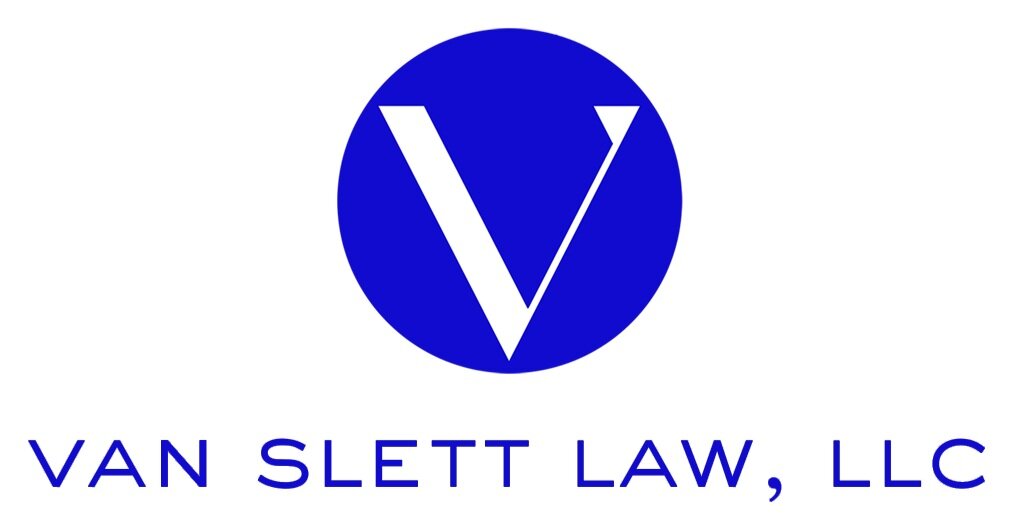Family Cabin, LLC
The family cabin represents a special place where bonds are forged and years of memories are made. For my family, the “cabin” was a converted boathouse on Post Lake in northern Wisconsin, and the memories include hiking to a hidden beaver hut, building “forts” in the woods, the fourth of July boat parade, and plenty of fishing. Warm thoughts on this cold winter day, indeed.
As the family cabin is passed from one generation to the next, a number of issues will arise related to ownership, including goals, scheduling, payment of expenses, maintenance, repairs, whether to rent, and whether and when to sell. The degree of emotional attachment to the property may vary greatly; some family members may be completely invested in the idea of keeping the property, while others may just want to sell it. Not all who inherit may be able to afford paying their “fair share.” Where multiple, non-married individuals own the property, creditor claims and divorces can lead to unwanted owners. If family members co-own the property as tenants in common (as is often the case), one co-owner is able to transfer his or her interest to anyone without permission from the other co-owners.
A good lawyer can make all of these problems disappear. Well, not exactly, but there are certainly ways to reduce the undesirable problems associated with co-owning family property.
While there is a variety of ways to co-own a property, one of the leading considerations would be to own the property in a limited liability company (LLC), under Chapter 183 of the Wisconsin Statutes. This form of ownership provides the co-owners with liability protection, tax-advantages, flexibility, and a way to apportion ownership according to the money and time each co-owner invests. Ownership can be allocated based on family units, rather than giving each individual a portion. The LLC operating agreement can spell out roles, responsibilities, provide a framework for decision making, and adopt a method for settling any potential disputes (without having to involve a court). Structuring ownership by family units, rather than by individuals, can maintain ease of decision making, and prevent the increase in the total number of individual owners over time. Importantly, for those who wish to keep the cabin “in the family,” the arrangement can also limit the scope of those who would become co-owners.
To learn more about transferring your family cabin or other vacation property to an LLC, and other related options, please call or contact Atty. Van Slett to schedule your complimentary consultation.
